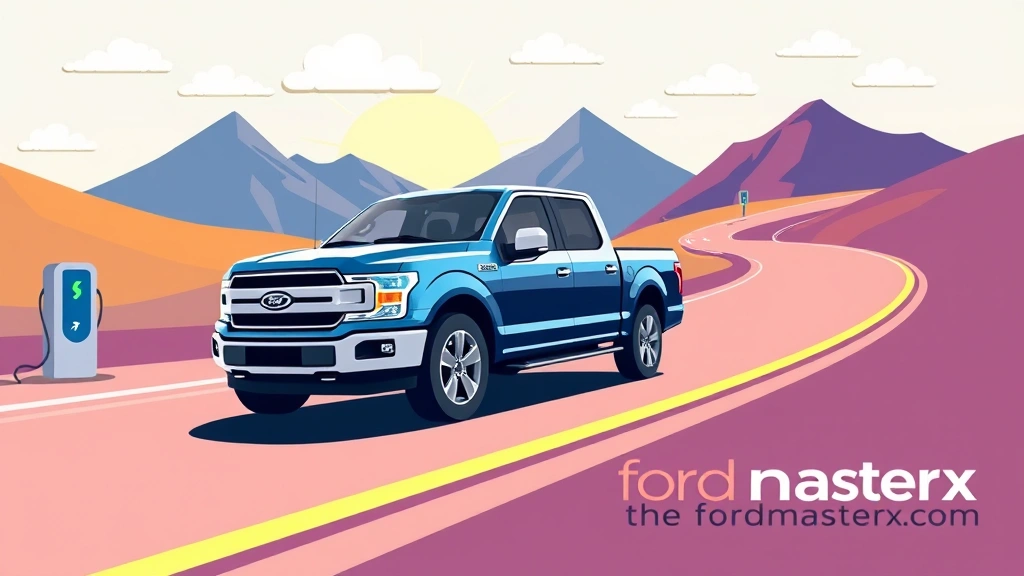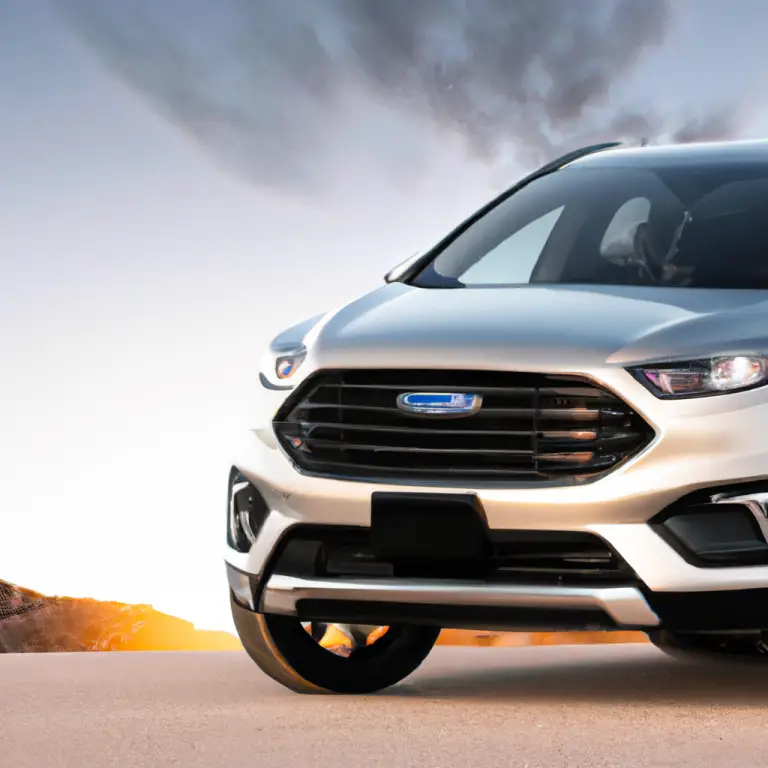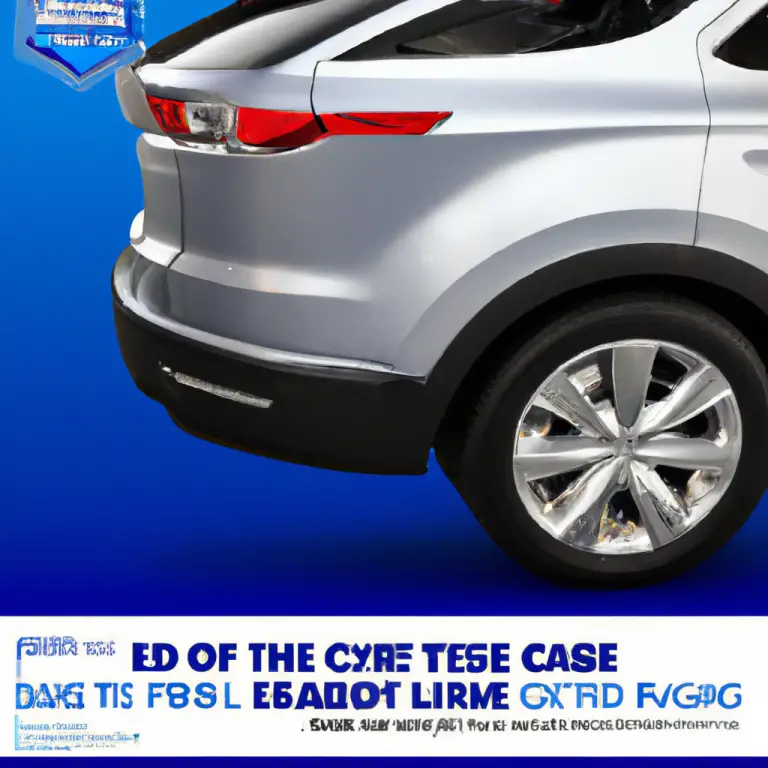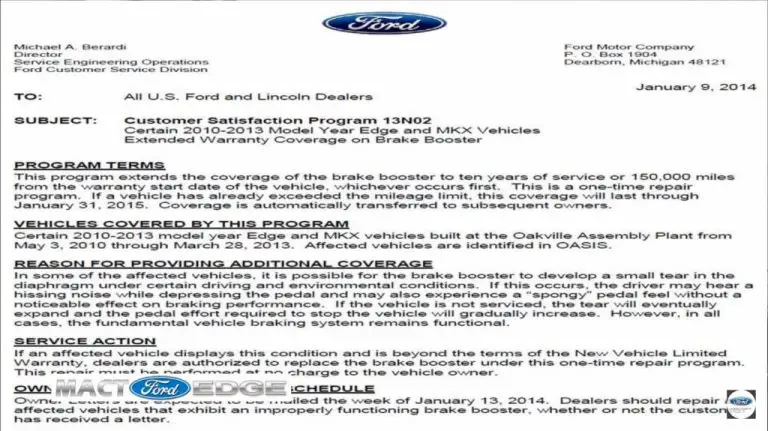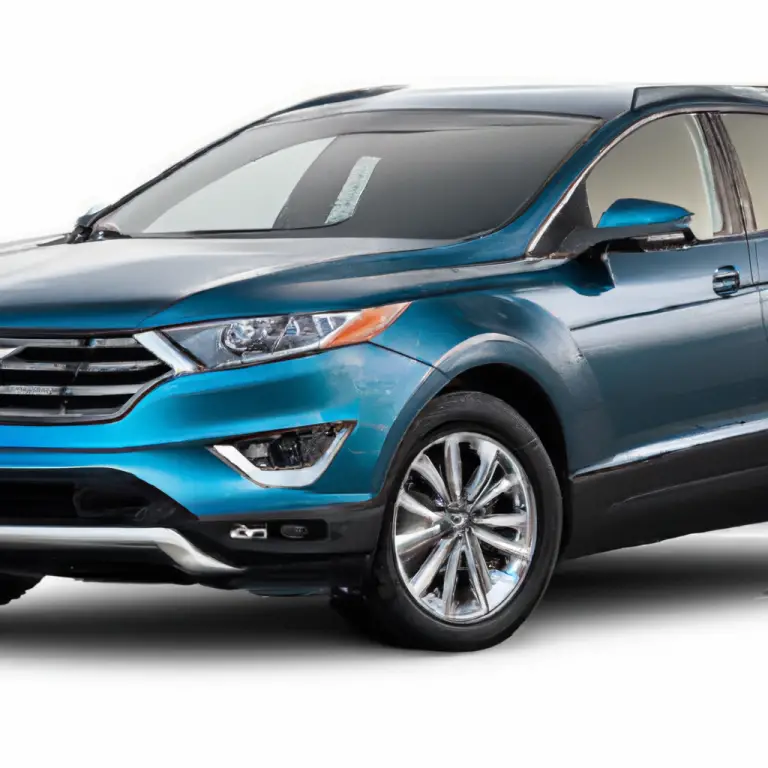Ford F-150 Lightning Lease: Deals & How to Get One
Key Takeaways
- Leasing a Ford F-150 Lightning offers lower monthly payments and flexibility, perfect for those who love new tech.
- You avoid the hassle of reselling and can easily upgrade to the latest model.
- Understand the lease terms: mileage limits, wear and tear, and potential end-of-lease fees.
- Tax credits for EVs can make leasing even more attractive, but rules vary.
- Consider your driving habits and financial situation before deciding if leasing is right for you.
Why Lease a Ford F-150 Lightning?
Thinking about getting into an electric truck? The Ford F-150 Lightning is a game-changer, and leasing might just be your golden ticket. It’s not just about driving a cool electric truck; it’s about smart financial moves.
Leasing often means lower monthly payments compared to buying. This frees up your cash for other things, like that fancy new home charger you’ve been eyeing. Plus, you get to experience all the latest tech without the long-term commitment.
The Appeal of Electric Trucks
Electric vehicles (EVs) are booming, and the F-150 Lightning is leading the charge in the truck segment. It combines the legendary F-150 capability with zero emissions. Imagine towing your boat without a drop of gas!
You're not just getting a truck; you're getting a mobile power source. The Pro Power Onboard feature can literally power your house during an outage. How cool is that?
Is Leasing Right for You?
Leasing is fantastic if you love driving a new vehicle every few years. You get to enjoy the latest features, safety tech, and performance upgrades. It’s like having a subscription to the newest trucks.
If you’re someone who drives a predictable number of miles each year, leasing can be very cost-effective. No need to worry about depreciation or reselling the truck later. Just hand back the keys and pick out your next ride.
Understanding Ford F-150 Lightning Lease Deals
So, you’re leaning towards leasing? Great! But before you jump in, let’s talk about what makes up a good lease deal. It’s more than just the monthly payment.
You need to look at the total cost, including any upfront fees. Dealer incentives and manufacturer promotions can significantly lower your payments. Always ask about current specials.
What Impacts Your Lease Payment?
Several factors play a role in how much you’ll pay each month. The vehicle’s MSRP, its residual value, and the money factor (which is like an interest rate) are key. A higher residual value means lower payments because the truck is expected to hold its value better.
Your credit score is also super important. A good score will get you the best money factor, saving you a chunk of change over the lease term. Make sure your credit is in tip-top shape before you walk into the dealership.
Typical Lease Terms
Most leases run for 24, 36, or 48 months. Shorter leases mean higher monthly payments but more frequent upgrades. Longer leases offer lower payments but lock you in for a longer period.
Mileage limits are a big deal. Common limits are 10,000, 12,000, or 15,000 miles per year. Going over these limits can result in hefty per-mile penalties, so be realistic about your driving habits.
The Financials: Lease vs. Buy
This is where the rubber meets the road. Should you lease or buy your F-150 Lightning? Both have pros and cons, and what’s best for you depends on your lifestyle and financial goals.
Let's break down the numbers and scenarios. It's not just about the monthly payment, but the full picture.

Monthly Payments
Generally, lease payments are lower than loan payments for the same vehicle. This is because you’re only paying for the depreciation of the truck during your lease term, not the full purchase price.
For example, if a Lightning depreciates by $20,000 over three years, you’re essentially financing that $20,000, plus interest and fees. This can make a high-tech truck more accessible.
Long-Term Costs
If you plan to keep a vehicle for many years, buying often makes more financial sense in the long run. Eventually, you’ll own the truck free and clear, and your only costs will be insurance, maintenance, and charging.
With leasing, you’ll always have a car payment unless you decide to buy out the lease at the end. However, you avoid unexpected repair costs since the truck is typically under warranty for the lease term.
End-of-Lease Options
At the end of your lease, you usually have a few choices. You can return the truck, lease a new one, or buy your current F-150 Lightning. If you loved the truck and the buyout price is right, buying it out can be a great option.
Make sure you understand the residual value upfront. This is the price you’d pay to buy the truck at the end of the lease. Compare it to the market value at that time to see if it’s a good deal.
Tax Credits and Incentives for EV Leases
This is where things get really interesting for electric vehicles. The federal government and many states offer incentives that can make leasing an F-150 Lightning even more appealing.
These incentives can significantly reduce your overall costs. It’s like getting a discount just for being eco-friendly!

Federal EV Tax Credit
For purchased EVs, there's a federal tax credit of up to $7,500. For leased EVs, the dealer often claims this credit and passes part or all of it on to you in the form of lower monthly payments. This is a huge advantage for leasing!
Make sure to confirm with the dealership how the federal tax credit is applied to your lease. It's not automatic for every lease deal.
State and Local Incentives
Many states and even some local municipalities offer additional incentives for EV adoption. These can include rebates, tax exemptions, or even access to HOV lanes. Check your state’s energy or environmental agency website for details.
For instance, California has robust programs, and even states like Colorado are pushing hard for EV adoption with their own incentives. These can stack up to significant savings.
How Incentives Affect Your Lease
These credits and rebates effectively lower the capitalized cost of the vehicle, which is the price you’re financing in your lease. A lower capitalized cost means lower monthly payments. It’s a win-win.
Always ask your dealer about all available federal, state, and local incentives. They should be able to provide a comprehensive list specific to your area. Don’t leave money on the table!
Preparing for Your F-150 Lightning Lease
Ready to take the plunge? Awesome! But a little preparation goes a long way. Knowing what to expect will help you get the best deal and avoid any surprises.
It's like preparing for a big road trip; you want to have everything mapped out.

Credit Score Matters
Your credit score is king when it comes to leasing. The better your score, the lower your money factor, which translates to lower monthly payments. Pull your credit report beforehand and correct any errors.
Aim for a score in the "excellent" range (typically 700+) to unlock the best rates. If your score needs work, consider improving it before applying for a lease.
Research and Compare Deals
Don't just walk into the first dealership you see. Shop around! Check out different Ford dealerships in your area and compare their lease offers for the F-150 Lightning. Prices can vary.
Use online tools and resources to get an idea of average lease payments. This will give you leverage during negotiations. Knowledge is power, especially when negotiating a lease.
Test Drive and Feature Selection
Before signing anything, make sure you thoroughly test drive the F-150 Lightning. Get a feel for its acceleration, handling, and charging capabilities. Does it fit your lifestyle?
Consider which trim level and features you truly need. Adding more options increases the MSRP, which in turn increases your lease payment. Balance your desires with your budget.
Frequently Asked Questions (FAQ)
Q1: Can I get the federal EV tax credit when I lease a Ford F-150 Lightning?
Yes, typically the dealership claims the federal EV tax credit and passes it on to you in the form of lower monthly lease payments. It's often baked into the lease deal. Always confirm this with your dealer before signing.
Q2: What happens if I go over my mileage limit on a Ford F-150 Lightning lease?
If you exceed your agreed-upon mileage limit, you will be charged a penalty per mile. This fee can range from $0.15 to $0.30 or more per mile. It's crucial to estimate your annual mileage accurately to avoid these charges.
Q3: What is the residual value in a Ford F-150 Lightning lease?
The residual value is the estimated value of the vehicle at the end of the lease term. It's a key factor in calculating your monthly payments, as you are essentially paying for the difference between the MSRP and the residual value, plus interest. A higher residual value means lower monthly payments.
Q4: Can I buy my Ford F-150 Lightning at the end of the lease?
Yes, most lease agreements include an option to purchase the vehicle at the end of the lease term for the predetermined residual value. If you love your F-150 Lightning and the price is right, this can be a good option.
Q5: Will my Ford F-150 Lightning lease include maintenance?
Lease agreements typically cover the vehicle under its factory warranty, which protects against major mechanical issues. However, routine maintenance (like tire rotations or fluid checks, if applicable for EVs) is usually your responsibility unless a specific maintenance package is included in your lease deal. Always clarify what maintenance is covered before signing.
Conclusion
Leasing a Ford F-150 Lightning presents a compelling opportunity to experience cutting-edge electric truck technology with financial flexibility. It’s a fantastic option for those who enjoy driving new vehicles, appreciate lower monthly payments, and want to avoid the hassle of reselling.
Remember to factor in mileage limits, wear and tear, and potential end-of-lease fees. Don’t forget to explore all available tax credits and incentives, as they can significantly sweeten the deal. So, are you ready to electrify your drive? Head to your local Ford dealer and see what amazing lease deals are waiting for you!

